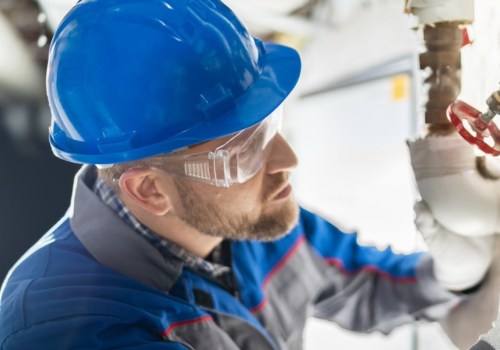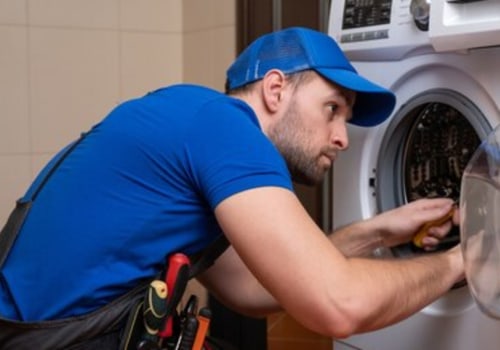Plumbers install and repair water, gas and other piping systems in homes, businesses, and factories. Install plumbing fixtures, such as bathtubs and toilets, and appliances, such as dishwashers and water heaters.
plumbers
install and repair pipes that supply water and gas to homes and businesses, as well as carry waste away from them. They also install plumbing fixtures, such as bathtubs, sinks and toilets, and appliances, including dishwashers and washing machines.Experienced plumbers train apprentices and supervise helpers. They work together with other construction workers. A plumber is someone who installs and maintains pipes in our homes and businesses. These pipes must be installed and maintained for drinking water, drainage, irrigation and sewerage, as well as for other uses.
Plumbers can engage in practical work or they can work in design quality, drafting plans and helping to make the installation process more efficient. It is a profession with a wide number of possible career paths. Some of the highest-paying jobs are in the most unusual specialties, as there is less competition. A plumber installs or repairs pipes and fittings that carry liquids and gases.
Troubleshoot dysfunctional piping systems and repair or replace worn parts. Sometimes they make holes in floors, ceilings and walls and may need to hang steel brackets from ceiling joints to hold pipes in place, which usually requires adjusting, measuring and cutting pipes to fit with pipe cutters and saws. When working with copper pipes, it may be necessary to solder. Plumbers install and repair pipes and fittings that carry water, gas, or other fluids in homes and businesses.
They also maintain plumbing fixtures such as bathtubs and toilets and appliances such as dishwashers or heating systems. Assemble, install, or repair pipes, fittings, or fittings of heating, water, or drain systems according to specifications or plumbing codes. It is up to plumbers and plumbing apprentices to identify the cause of the leak and repair it. If a new sink is to be installed, a qualified plumber can ensure that it will be installed correctly, without damaging it in the process.
Getting it right the first time is important with sinks, and the only way to make sure that happens is to hire a plumber. Many plumbers are self-employed or work for a small business that employs fewer than ten people, although some may find it more desirable to work for larger entities or for the government. Most plumbers receive their training by doing apprenticeship, which combines classroom instruction with paid on-the-job training. The license may qualify for a license after being accepted into an apprentice plumber position, sometimes after a probationary period.
The employment of plumbers, as well as all those working in the construction sector, depends on the health of the economy. To qualify for an apprentice plumber's license, you can complete the courses and work under supervision in plumbing work. Plumbers, pipefitters and steam installers keep civilization in running water, sanitation and warmth for comfort and cleanliness. A day in the life of a plumber may include receiving phone calls at midnight from a frantic customer with a broken pipe, or it may involve working for an architectural firm or on a construction site.
Damaged hot water tanks are often something that an emergency plumber will have to handle due to the fact that they contain so much water, in addition to the water that constantly runs into them. Master plumbers carry out many tasks performed by officers and apprentices, but they can also take care of the administrative, financial and legal responsibilities of your business. As a master plumber, you can decide to send your junior plumbers to do small jobs independently. .




Leave Reply